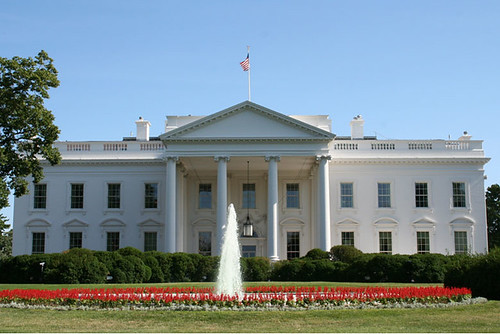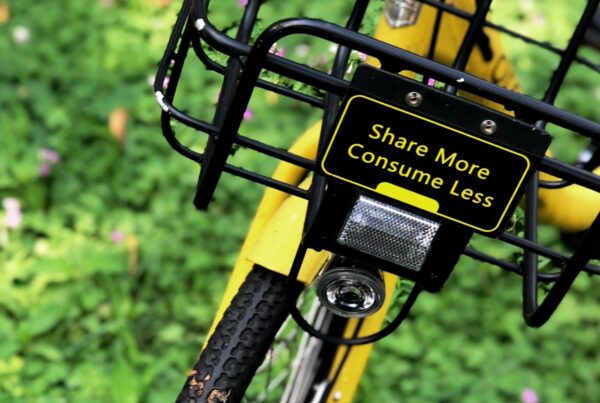We are delighted to see the Biden/Harris Administration’s American Jobs Plan start off with “this is no time to build back to the way things were.“ They know, as the Shared-Use Mobility Center does, that the way things were is not good enough—especially for those among us who are most in need.
The COVID-19 pandemic brought into stark relief the current inequities in transportation, while the protests of the last year have exposed the racial injustices of the past that continue to propagate the current inequities. The pandemic heightened awareness of essential workers that are insufficiently valued and brought to light BIPOC communities that suffer more than others from COVID-19 and its economic fallout.
At the same time, the pandemic has shown that we can have a world of cleaner air and streets that are welcoming for bicycling and taking a stroll. It has shown that there is another way.
This $85 billion investment in public transit is a down payment on a transportation system that:
• Invests in equity. Essential workers, a majority of which are low-income groups and People of Color, work jobs that cannot be worked from home so the privileged can. Heavy users of public transit, they suffer from a painfully inadequate transit system. Funds across US Department of Transportation silos must be spent to prioritize multimodal options (with transit as the backbone) that customers can access seamlessly through innovative digital hubs and physical mobility hubs. Disadvantaged communities suffer greater effects from air pollution and climate change. By dedicating 40% of the climate and “clean infrastructure” investments to these areas, environmental justice is a now federal priority.
• Invests in a more sustainable transportation system. To reduce the impact of transportation on climate change, we must have high-quality transit and streets where biking and walking safety are emphasized, with special attention given to disproportionately harmed older adults, People of Color, and people walking in low-income communities. We must create new opportunities for greenhouse gas reduction that are not fully realized with streets that prioritize car movement and storage. And we must make the most of shared assets like bikeshare and carshare and optimize the experience of shared journeys in public transit.
The cries for equity in how we treat people and how we treat our planet are loud. We cannot ignore them. Nor can we ignore the fact that electrification will not be enough to solve either the equity or climate concerns. Shared assets and shared journeys will move us away from a world where private car ownership is a burden for both households and for public spaces to a world where neighborhoods devastated by government policies can be mended and where the worst impacts of climate change don’t loom in our future.
This Jobs Plan is only a beginning, but it is auspicious. As we move on, a sustainable financial model for supporting transit in the long-term is critical given its role as an essential service that keeps society operating and that can make us all so much better.
For more information on the proposal, read the Fact Sheet here.




